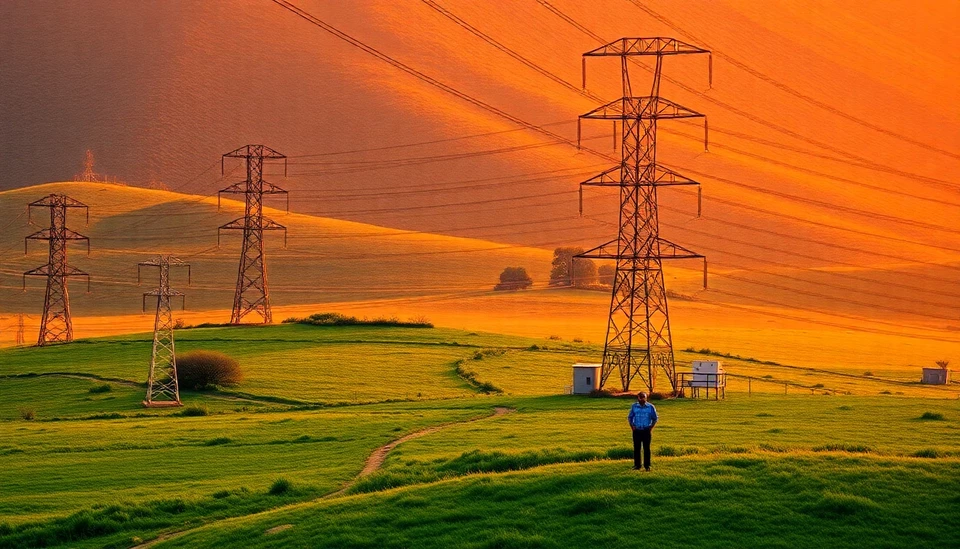
In a groundbreaking move set to transform South Africa’s electricity landscape, the government has unveiled ambitious reforms aimed at diversifying the power supply, thereby freeing consumers from the constraints of relying solely on the state-owned utility, Eskom. As the country grapples with ongoing energy shortages and chronic load-shedding, these changes come as a timely response to increasing public frustration over unreliable power supply and rising costs.
The newly proposed regulations will pave the way for independent power producers (IPPs) to enter the market more freely, allowing for increased competition and innovation within the sector. This newfound freedom for consumers is expected to create a more resilient energy market, reduced costs, and greater choice, ultimately enhancing the overall reliability of electricity supply across the nation.
Key aspects of the reform include the introduction of a licensing framework for smaller distributors and the facilitation of electricity trading between different regions. By deregulating the market and enabling new players to emerge, the government hopes to attract investment and encourage the development of renewable energy projects. This is particularly significant given South Africa’s abundant solar and wind resources, which have historically been underutilized.
Furthermore, these reforms aim to bolster energy security by reducing dependence on Eskom, which has faced significant operational challenges over the years, including infrastructure issues and financial instability. The initiative aligns with broader governmental efforts to transition towards a more sustainable energy future, balancing economic growth with environmental considerations.
The public response to the announcement has been largely positive, with many believing that these changes will lead to a more robust energy framework that benefits consumers and encourages transparency and accountability among electricity providers. Consumer groups have lauded the potential for lower energy prices, while environmental advocates have welcomed the increased emphasis on renewable energy sources.
However, as with any significant reform, challenges remain. The successful implementation of these changes will depend on the government’s ability to manage the transition effectively, ensuring that new entrants can compete fairly and that the existing infrastructure supports this expanded market. Stakeholders will be closely watching these developments as the government prepares to roll out the new framework.
In summary, South Africa stands on the brink of an electricity revolution that not only aims to improve the reliability of power supply but also fosters an environment of choice and competition for consumers. As the country moves forward with these ambitious plans, it holds the potential to reshape the energy landscape, enhance economic growth, and make strides towards sustainability.
For those keeping an eye on energy innovations globally, South Africa’s upcoming changes present a fascinating case study in how emerging markets are tackling energy challenges and adapting to meet the needs of their citizens.
#SouthAfrica #ElectricityReform #Eskom #EnergyIndependence #RenewableEnergy #ConsumerChoice #IndependentPowerProducers #SustainableEnergy
Author: Daniel Foster




